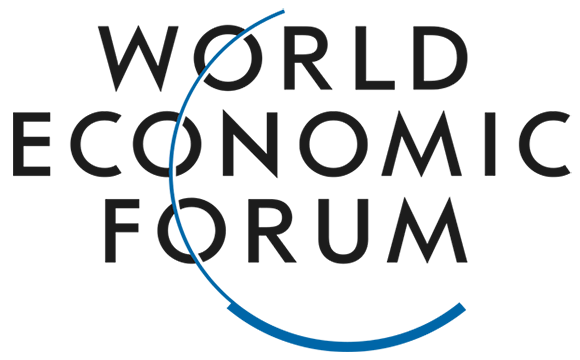Governments Need to Act in Cutting Down Supply Chain Barriers Report Says
Governments and businesses should make efforts to reduce supply chain inefficiencies, which among others significantly contributes to loss of as much as 1.3 billion tonnes of food every year, says a report.
Titled ‘Enabling Trade: From Valuation to Action’, the report released today by the World Economic Forum (WEF) emphasized the need for urgent implementation of the Bali trade accords and deeper reforms to “sustainably meet world food demand”.
“Government leaders need to step out of traditional ministerial silos to lead value-chain reforms and reap the benefits in domestic investment and global trade,” it said.
According to the report, supply chain inefficiency contributes significantly to the 1.3 billion tonnes of food lost each year. “Attacking these barriers would help improve the livelihoods of billions of the world’s poorest people, and cut emissions, energy and water use.
“Lost or wasted food costs over US $ 750 billion per year. Yet, agriculture and consumer policy remains focused on production and retail improvements, with insufficient action on supply chain and trade connections,” it said.
Overly strict product standards, poor transportation infrastructure, border delays, and poor business climates are among the main supply chain barriers for agriculture. Noting that major manufacturing investments could be unlocked by accelerating cross-border connectivity, it said that roughly US $ 6 billion is spent each year by the automotive industry on inventory-carrying costs at borders.
“If redirected into product development, this could pay for up to six new car launches every year,” the report added. Mark Gottfredson, partner at Bain & Company said that WTO agreement announced in December in Bali was a tremendous step toward trade liberalisation and efficiency.“Now is the time for governments and businesses to take action on the detailed and difficult work ahead,” he said. The report has been prepared by WEF in collaboration with Bain & Company.
Enabling Trade: From Valuation to Action
In the 2013 report, Enabling Trade: Valuing Growth Opportunities, the World Economic Forum and Bain & Company found that reducing supply chain barriers could increase the world’s gross domestic product (GDP) by over US$ 2.5 trillion.
Building on the momentum of both this finding and the WTO’s recent trade facilitation agreement, the 2014 report, Enabling Trade: From Valuation to Action, looks at how to accelerate reform.
It concentrates on sectoral, regional and functional areas where the positive impacts of supply chain facilitation could be greatest, or where momentum for change is building. The four sections comprising the report are:
- Enabling Trade: From Farm to Fork. Supply chain inefficiency contributes significantly to the 30% of food that is lost or wasted between harvest and consumption. The three case studies in this report highlight promising ways for government and business to work together to smooth food’s journey from farm to fork.
- Enabling Automotive Trade. Responding to a request for input by the WTO, automotive executives have overcome deep competitive differences to align around the trade priority of faster and simpler border crossing. According to the report, roughly US$ 6 billion is spent each year by the automotive industry on inventory-carrying costs at borders.
- Enabling Trade in the Pacific Alliance. The Pacific Alliance member states – Chile, Colombia, Mexico, and Peru – are prioritizing deeper economic integration and supply chain facilitation at the presidential level. This survey of private companies in the region informs prioritization of barriers to be tackled through public/private cooperation.
- Enabling Smart Borders. Improved border management, a primary focus of recent negotiations at the World Trade Organization’s Ministerial Conference in Bali, is emphasized in this report’s call for accelerated co-development of e-logistics and smart customs systems.
Border Management Process
 Source: Illustration from the World Economic Forum and Bain & Company
Source: Illustration from the World Economic Forum and Bain & Company
Related: Worsening Wealth Gap Seen as Biggest Risk Facing the World in 2014













